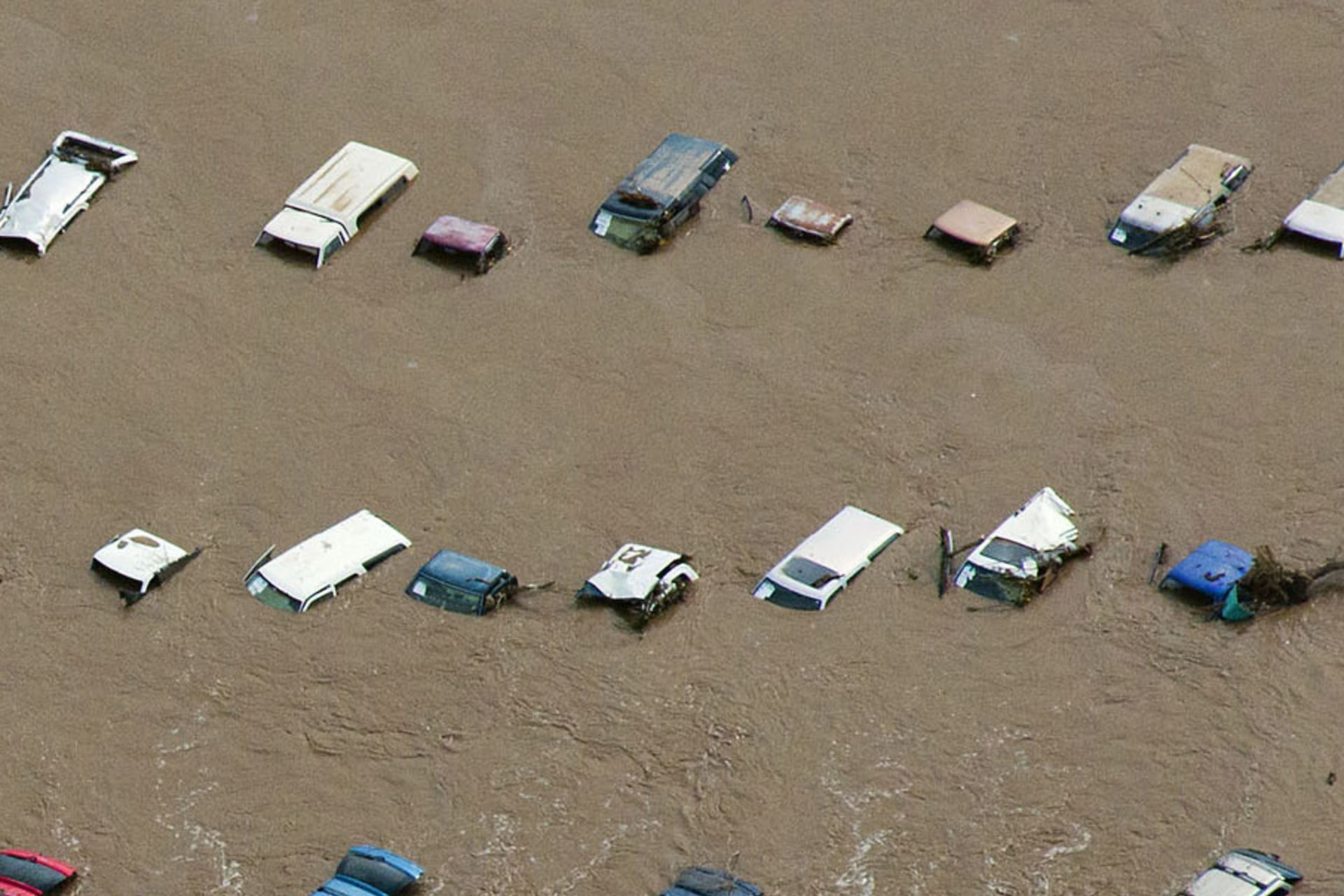A National ID Program for Iraq?
Published
Some U.S. analysts recommend a national ID database with biometric cards to identify insurgents in Iraq, but the proposal faces resistance from the U.S. military.
This publication is now archived.
Introduction
As U.S. lawmakers attempt to set out a series of benchmarks for their Iraqi counterparts to fulfill, some analysts point to a number of policing measures Washington could take to assist the government in Baghdad. One such step is the creation of a national identification program and database to help U.S. and Iraqi forces identify potential insurgents. Experts say the current system is haphazard, lacks biometrics, and is in desperate need of an overhaul. But U.S. military officials caution that carrying out a more systematic national ID program might be too painstaking and difficult, given the lack of security, the large numbers of Iraqis abroad, and the multitude of more pressing problems.
What would a national ID program entail?
The program, as spelled out by some analysts, would provide Iraqis with identification cards, similar to U.S. drivers’ licenses, with biometric data like fingerprints to be presented at security checkpoints. A central database would be created to allow Iraqi or U.S. police or army officers, equipped with portable computer terminals, to run spot background checks. Max Boot, a CFR senior fellow, envisions that a nationwide census would be necessary, requiring government workers to go “house to house and find out who lives there.” He adds, “It’s a time-consuming process but it has to be done.”
Why is a national ID program necessary?
It allows U.S. and Iraqi forces to identify insurgents who blend in with the civilian population. Currently Iraqis carry no identification, only food-rationing cards issued by the United Nations under its oil-for-food program during the 1990s. The cards lack biometric data and are outdated. Boot calls the national ID process “an essential prerequisite to a successful counterinsurgency.” Bing West, a former Marine and writer on Iraqi military issues, says “the lack of a biometric ID card [is] the greatest technical failure of the Iraq war.” In the United States, he says, police carry handheld devices that send fingerprints over radio and allows them to get quick responses. Border police have similar capabilities. But in Iraq, he says, “Our squads spend hundreds of thousands of hours conducting laborious censuses and entering digital photos on spreadsheets they design at the company level, with no means of collating their efforts.” Col. Mark A. Olson, director of the U.S. Army/Marines Corps Counterinsurgency Center at Fort Leavenworth, admits that part of the problem is that throughout Iraq, at various security checkpoints, “different services are using different devices and they don’t talk to each other.”
Why has the program not been implemented?
Boot points to bureaucratic inertia in the U.S. military. “The military feels like what they’re doing is already adequate,” he says. West thinks it stems from the Pentagon’s “senior ranks [who] do not know how powerful this tool would be and they keep believing techies who are feathering their nests and not solving the problem.” He says a four-star general in 2005 told him the program would “take too long,” estimating eighteen months to complete. Another common excuse he hears is it would be too expensive, requiring “digital pipes” that would run over $100 million. “This from a military that is spending twenty times that amount in Iraq each week,” West says. “I would never have believed the United States in the twenty-first century was susceptible to an urban insurgency because it would persist for five years without identifying the population.” U.S. military officials, however, point to a number of hurdles. “There’s great utility in it but it’s a huge, huge effort,” says Col. Olson. “If security was there, it’d be a great thing.” There are also cultural obstacles to conducting a census, he says. “There’s a culture [among Iraqis] of not trusting the government.”
What are some other obstacles to the national ID program?
Analysts point to a number of other problems with the program, aside from its costs.
- A central database could fall into the wrong hands and be used by insurgents or militia leaders for ethnic cleansing purposes. Yet Boot says that insurgents already “have a pretty good knowledge base of who lives where in terms of their sectarian makeup.”
- Another problem is the fact that an estimated four million Iraqis are either internally displaced or living as refugees abroad. “Are you going to deny them citizenship?” asks Sam Gardiner, a retired Air Force colonel who has taught at the National War College. Large segments of the Iraqi population abroad have let their visas or residency permits expire.
- There are technical hurdles to carrying out a nationwide census. “How can we do it in Iraq when we can’t even identify illegal aliens [in the United States]?” asks Gardiner. He likens the push for a national ID program to the end of the Vietnam War, when military planners “kept looking for technical solutions that somehow would overcome problems we could not solve,” like “using sound detectors to monitor the Ho Chi Minh Trail.”
- Some experts fear the ID program could create a black market that would allow Iraqis to pay bribes in exchange for ID cards. “If you can buy anything in Iraq, you can buy a biometric card,” Gardiner says.
- Others worry the Iraqi government cannot be trusted to carry out such a program. Even West acknowledges, “The Iraqi government is unreliable. We can share data with them—but carefully.” Experts agree that Baghdad would not be able to keep up the databases by itself without U.S. technical and financial assistance.
What is the likelihood of a national ID program being implemented?
It’s unclear. Boot says Gen. David Petraeus, who recently helped author the U.S. army’s manual on counterinsurgency, has admitted in private conversations it’s a good idea, but that the emphasis at the moment is on the surge in Baghdad. West hopes that the recently appointed “war czar,” Lt. Gen. Douglas Lute, “will cut through the pettifogging,” but admits “the track record is discouraging.” Experts say not much will be accomplished on this front until September, when Petraeus issues his report on the surge.
Have similar programs been effective in previous conflicts?
Boot says national ID databases have been an essential part of past successful counterinsurgencies. “A classic example is the Malayan emergency in the 1950s where the ability to ID the population proved crucial to the success of the Brits in putting down the communist uprising,” he says. Further, he cites the French officer David Galula’s 1964 classic book, Counterinsurgency Warfare: Theory and Practice: “Control of the population begins obviously with a thorough census. Every inhabitant must be registered and given a foolproof identity card.”t
Colophon
Staff Writers
- Lionel Beehner





